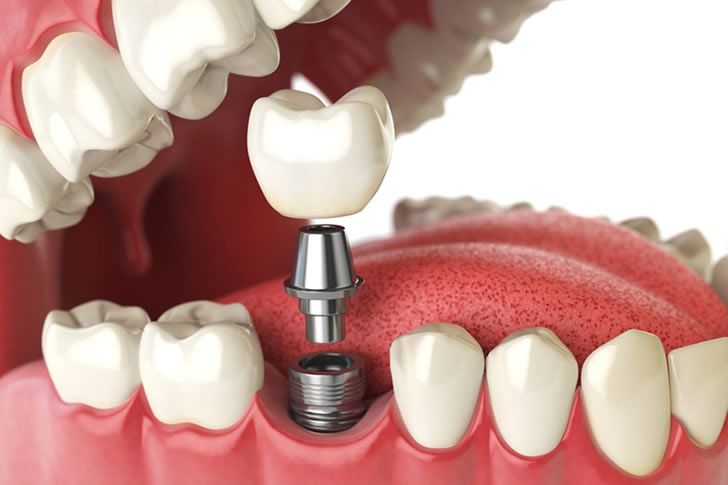The Essentials of Dental Implants: A Comprehensive Guide for Seniors
Dental implants have revolutionized restorative dentistry by offering a durable and aesthetically pleasing solution for missing teeth. This article not only explores the various aspects of dental implants, including their benefits, the procedure, costs, and considerations for potential candidates but also delves into specific considerations for senior patients.

Understanding Dental Implants
Dental implants are titanium posts surgically implanted into the jawbone, where they serve as the roots for missing teeth. Over several months, these implants fuse with the bone in a process known as osseointegration. This integration provides stable support for artificial teeth, such as crowns, bridges, or dentures.
Benefits of Dental Implants
- Durability: Dental implants can last many years, even a lifetime with proper care.
- Functionality: They restore full chewing power, allowing patients to eat their favorite foods without hesitation.
- Aesthetic: Implants look and feel like natural teeth.
- Bone Preservation: They help to prevent bone loss in the jaw that occurs when teeth are missing.
- Improved Oral Health: Unlike bridges, dental implants do not require altering the adjacent teeth, preserving more of the patient’s natural tooth structure.
The Procedure
The dental implant procedure typically involves multiple steps:
- Initial Consultation: Includes exams and imaging to assess bone density and planning the implant.
- Implant Placement: The implant is surgically placed into the jawbone.
- Healing Period: Patients undergo a healing period that lasts several months.
- Abutment Placement: A small connector post, or abutment, is attached to the implant once healing is complete.
- Artificial Tooth Placement: Finally, the new tooth (or teeth) is placed onto the abutment.
Costs and Considerations
The cost of dental implants can vary widely, typically ranging from $1,000 to $3,000 per implant, not including the abutment and crown. Factors influencing the cost include the material of the implant, the number of implants, and geographic location. While the upfront cost is high, the long-term benefits often outweigh this initial investment. Insurance coverage for dental implants varies, so it’s essential to check with your insurance provider.
Potential Candidates for Dental Implants
Ideal candidates for dental implants have good general and oral health, adequate bone to support the implant, and do not suffer from diseases that might impair bone healing. For those who do not have enough bone, procedures such as bone grafts may be necessary.
Special Considerations for Seniors
As the population ages, the demand for dental implants among seniors has increased. Seniors often face unique challenges when considering dental implants:
- Bone Density Concerns: Older adults may have less bone density, which can complicate the implant process. However, advancements in technology, such as bone grafting and mini implants, have made it possible for more seniors to benefit from this treatment.
- Health Considerations: Chronic conditions common in older adults, like diabetes and heart disease, can affect the success of dental implants. It’s crucial for seniors to have a thorough health evaluation before proceeding with implants.
- Maintenance and Care: Seniors may require additional support and instruction in maintaining their dental implants, particularly if they suffer from conditions that impair manual dexterity.
- Cost and Insurance: Seniors must consider the long-term cost effectiveness of implants, especially since they are often on fixed incomes. Some insurance plans, including Medicare Advantage, may offer partial coverage, which can help offset the costs.
By addressing these specific needs, dental implants can provide seniors with an improved quality of life through enhanced dental function, appearance, and overall health. This comprehensive guide serves as a vital resource for anyone considering dental implants, offering crucial insights into the transformative benefits of this dental technology.







Recent Comments